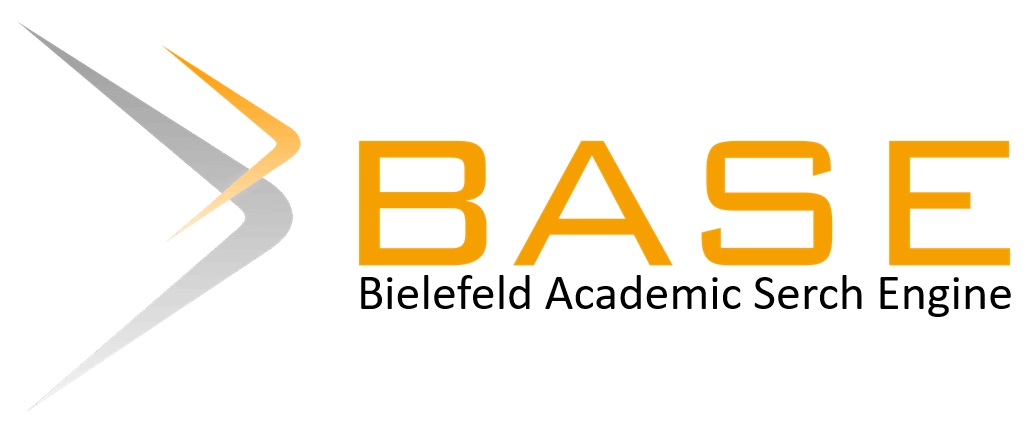PENDIDIKAN KARAKTER KEWIRAUSAHAAN: STUDI NILAI SPIRITUAL ISLAM BERDASARKAN TAFSIR TARBAWI QS. ALI IMRON : 200
DOI:
https://doi.org/10.35316/edupedia.v6i2.1743Keywords:
Character Education, Sabr, Ribath, Religious, EntrepreneurshipAbstract
The world, lately, has experienced various challenges, both from technological developments, disasters and pandemic diseases. However, human life must continue to run as it should with various creative efforts. For the purpose of creating creative entrepreneurship, character education is needed. One of them is sourced in Qs. Ali Imron: 200 where this verse teaches four spiritual values namely patience level 1 & 2, ribath and taqwa. This spiritual value can be taught with a pattern of character education with an integrative learning model. This allows the delivery of four spiritual values contained in the verse. Integrative learning patterns that can be applied include the first, interdisciplinary patterns in which learning how to integrate a concept of skills or abilities that are grown and developed in one subject or sub-topic in one field of study; second, interdisciplinary learning where learning is carried out by combining fields of study by finding the same concepts, skills, and attitudes as the four moral values.
Downloads
Published
How to Cite
Issue
Section
License
Edupedia: Jurnal Studi Pendidikan dan Pedagogi Islam adopts the Creative Commons Attribution–ShareAlike 4.0 International License, which allows users to reproduce, modify, and distribute published articles in any medium for lawful purposes, provided that appropriate attribution is given to the original author(s) and the journal, the license is properly cited, any changes are clearly indicated, and derivative works are distributed under identical licensing terms.
Upon publication in Jurnal Kesehatan Vokasional, authors confer to third parties the rights to use their articles in compliance with the Creative Commons Attribution–ShareAlike 4.0 International License.
Copyright on articles is retained by the respective author(s), without restrictions. A non-exclusive license is granted to Edupedia: Jurnal Studi Pendidikan dan Pedagogi Islam to publish the article and identify itself as its original publisher, along with the commercial right to include the article in a hardcopy issue for sale to libraries and individuals.
![]()















